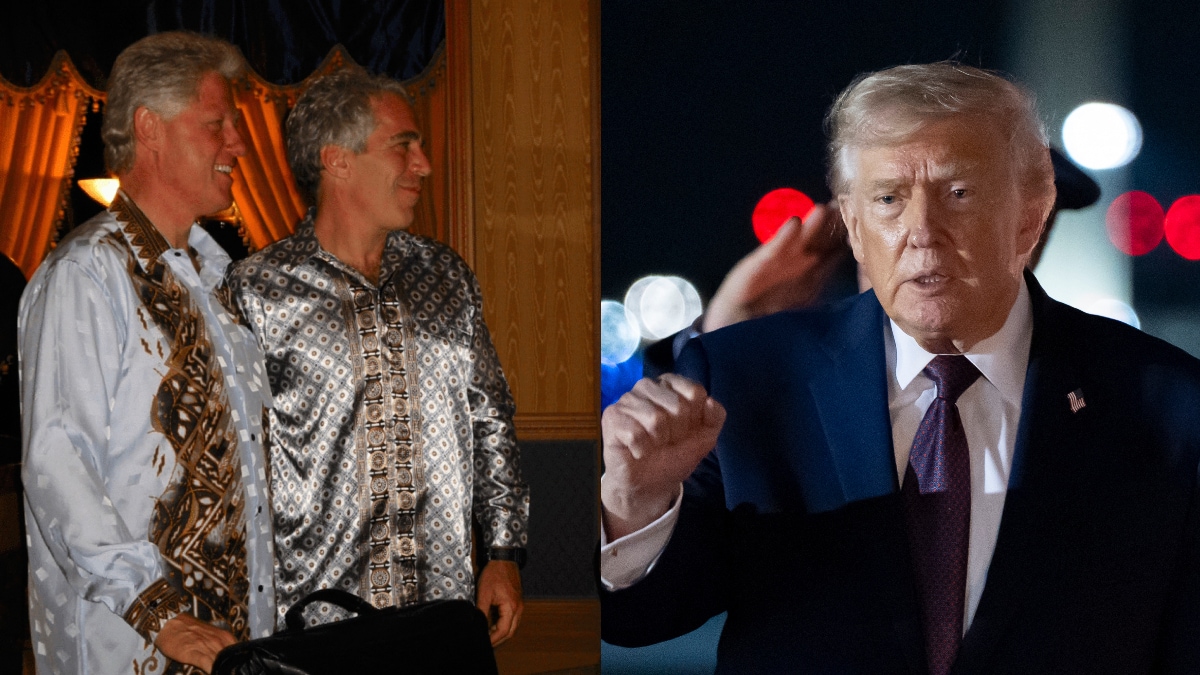
Sharad Pawar
Sharad Pawar is a prominent Indian politician with a career spanning over six decades. Known for his pragmatism, adaptability, and strategic alliances, Pawar has been a key figure in Indian politics and has held numerous significant positions.
1. Political Background and Career Milestones
- Early Political Involvement: Born on December 12, 1940, in Maharashtra, Pawar began his political journey with the Congress party in the early 1960s. He was elected to the Maharashtra Legislative Assembly for the first time in 1967, marking the beginning of a long and influential career.
- Chief Minister of Maharashtra: Pawar served as Maharashtra’s Chief Minister three times (1978-1980, 1988-1991, and briefly in 1993). His tenure was marked by efforts to improve the agricultural sector and develop Maharashtra’s industrial capacity.
- Founding of Nationalist Congress Party (NCP): In 1999, Pawar left the Indian National Congress due to disagreements over Sonia Gandhi’s foreign origin and founded the Nationalist Congress Party (NCP). The NCP has since been a significant political force, particularly in Maharashtra, often aligning with the Congress in coalition governments
2. Union Ministerial Roles
- Defence Minister: Pawar served as India’s Defence Minister in 1991 under Prime Minister P.V. Narasimha Rao, during a period of economic reforms and regional tensions.
- Agriculture Minister: From 2004 to 2014, Pawar was the Union Minister of Agriculture in the UPA (United Progressive Alliance) government led by Manmohan Singh. His policies aimed at increasing agricultural productivity, promoting food security, and addressing farmer issues. He played a role in initiatives like the National Horticulture Mission and supported minimum support prices (MSP) to safeguard farmers’ income
3. Key Initiatives and Policy Contributions
- Agriculture and Farmer Support: Pawar is credited with focusing on agricultural development throughout his career, advocating for farmer rights and agricultural modernization. His tenure as Agriculture Minister saw significant policy moves to support the dairy industry, horticulture, and cash crops.
- Coalition Politics and Regional Influence: Known as a master strategist, Pawar has successfully navigated coalition politics. In Maharashtra, he has been instrumental in forming alliances, including with parties ideologically opposed to the NCP, such as the Shiv Sena in 2019 to keep the BJP from power. This coalition, called the Maha Vikas Aghadi, marked a significant shift in Maharashtra’s political landscape
4. Leadership Style and Legacy
- Pragmatic Leader: Pawar’s leadership style is often described as pragmatic and focused on political adaptability. He is known for his ability to form alliances and navigate complex political dynamics.
- Influence in Maharashtra and Beyond: Though primarily influential in Maharashtra, Pawar’s stature in Indian politics extends nationally. He has been a mentor to many young politicians and continues to be active in both state and national political affairs. His contributions to Maharashtra’s economic and social development, especially in rural areas, have earned him respect across party lines
5. Recent Developments and Political Position
- Current Role: Even in his 80s, Pawar remains politically active and continues to lead the NCP, though there have been internal conflicts within the party, including tensions with his nephew Ajit Pawar, who recently aligned with the BJP. Sharad Pawar, however, has retained his position and influence within the NCP and Indian politics
. - Social and Political Advocacy: Pawar has been vocal on issues like farmer rights, often criticizing central government policies affecting rural India. His support for social justice, particularly for marginalized communities, underscores his dedication to equitable development.
Sharad Pawar’s extensive career reflects a commitment to agriculture, coalition-building, and regional empowerment, and his influence in shaping Maharashtra’s and India’s political landscape is profound and enduring.
Read More
Related News

Not Adani, Not Tata: The one power stock FIIs are aggressively buying now

US lawmaker proposes complete ban of H-1B visa program

Meta’s $14 billion AI hire Alexandr Wang finds Mark Zuckerberg’s micromanagement ‘suffocating’: Report

10 stocks with up to 61% upside – Top brokerage Buys this week

US tourist visa: Applicant’s B1/B2 visa approved, says ‘they dont care about…’













